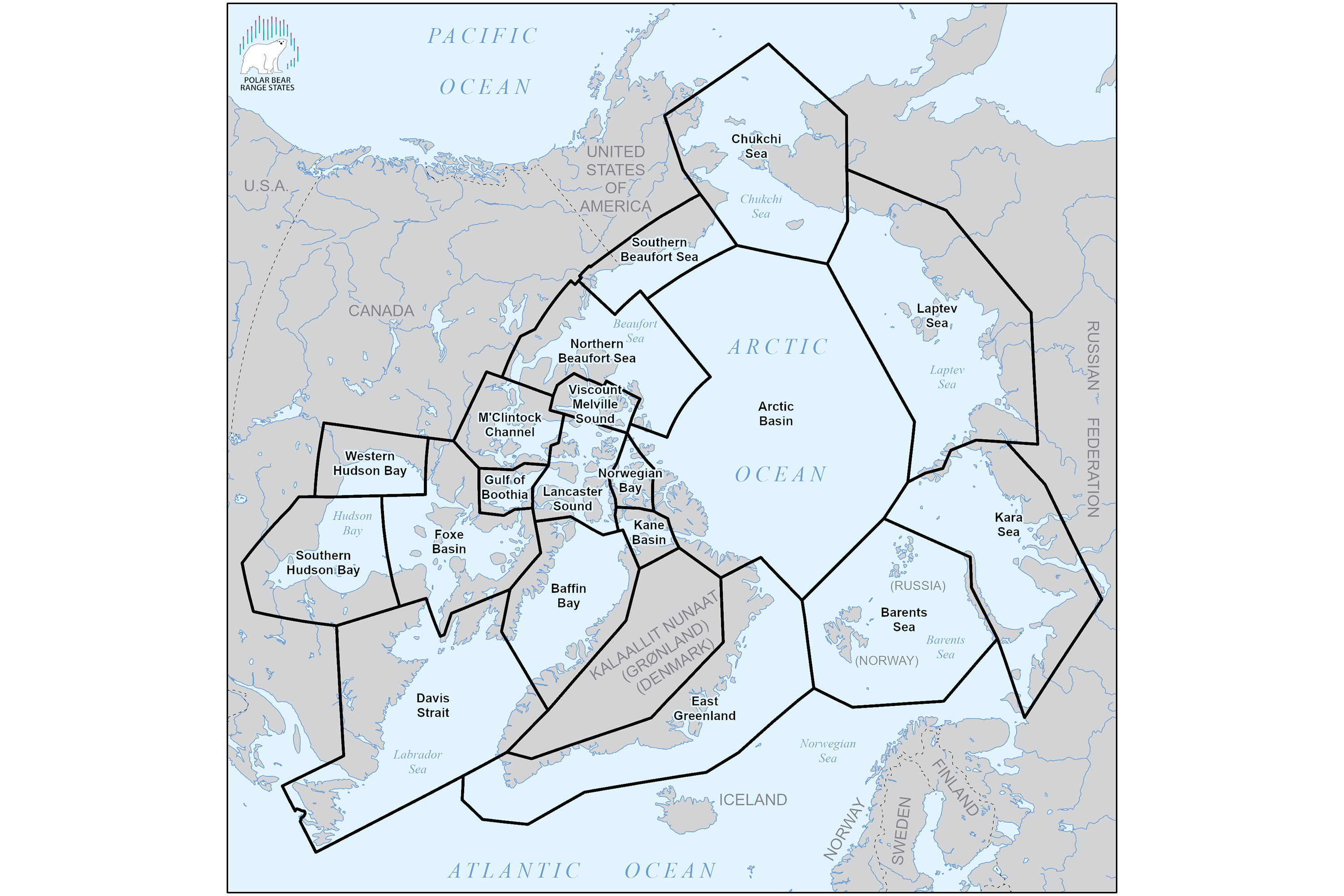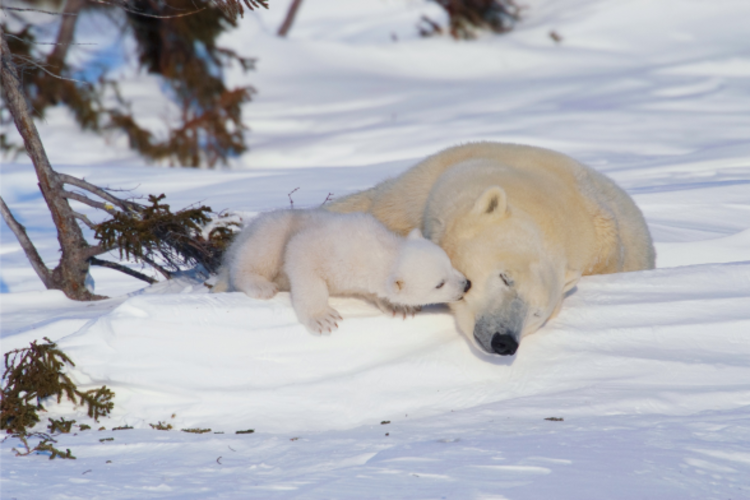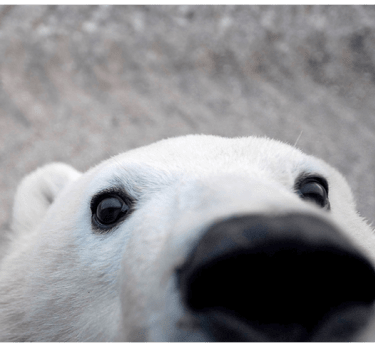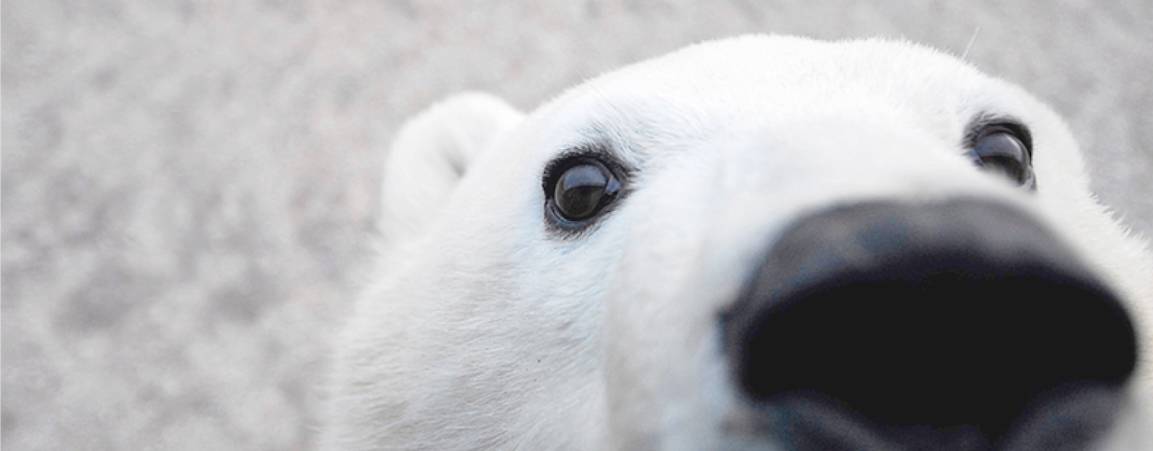Module 3A: Focus

Photo: Tim Auer / Polar Bears International
Polar Bear Subpopulations
Polar Bears and Sea Ice Regions
Polar bears need a platform of sea ice to reach their prey: Arctic seals. But not all sea ice is equal—some sea ice lies over more productive hunting areas and some ice ecoregions will melt sooner than others in a warming Arctic. Scientists have currently identified 20 subpopulations of polar bears living in four different ice ecoregions in the Arctic. Why does it help to divide the Arctic into ecoregions? For those polar bear subpopulations that are little-studied, scientists can make informed estimates on how they're faring based on the health and condition of other subpopulations in the same ecoregion.
Step One
Watch this short video explaining the Four Ice Ecoregions (shown on the map below). You will also learn more about these ecoregions in Module 3C.
Polar bears roam across the circumpolar Arctic, where they rely on sea ice to reach their seal prey. But not all sea ice is equal. Learn about the four sea ice ecoregions, how the quality of sea ice differs across the polar bear’s range, and how we can help ensure the bears’ future by addressing climate change.
This video is available for download for AAC use and one of few resources with French, French (Canadian), and German subtitles
Sea Ice Ecoregions - with Canadian French subtitles
https://youtu.be/z0unqMIg3vs
Sea Ice Ecoregions - with French subtitles
https://youtu.be/jjIZPAV0vgc
Sea Ice Ecoregions - with German subtitles
https://youtu.be/uJP8frH8Zko
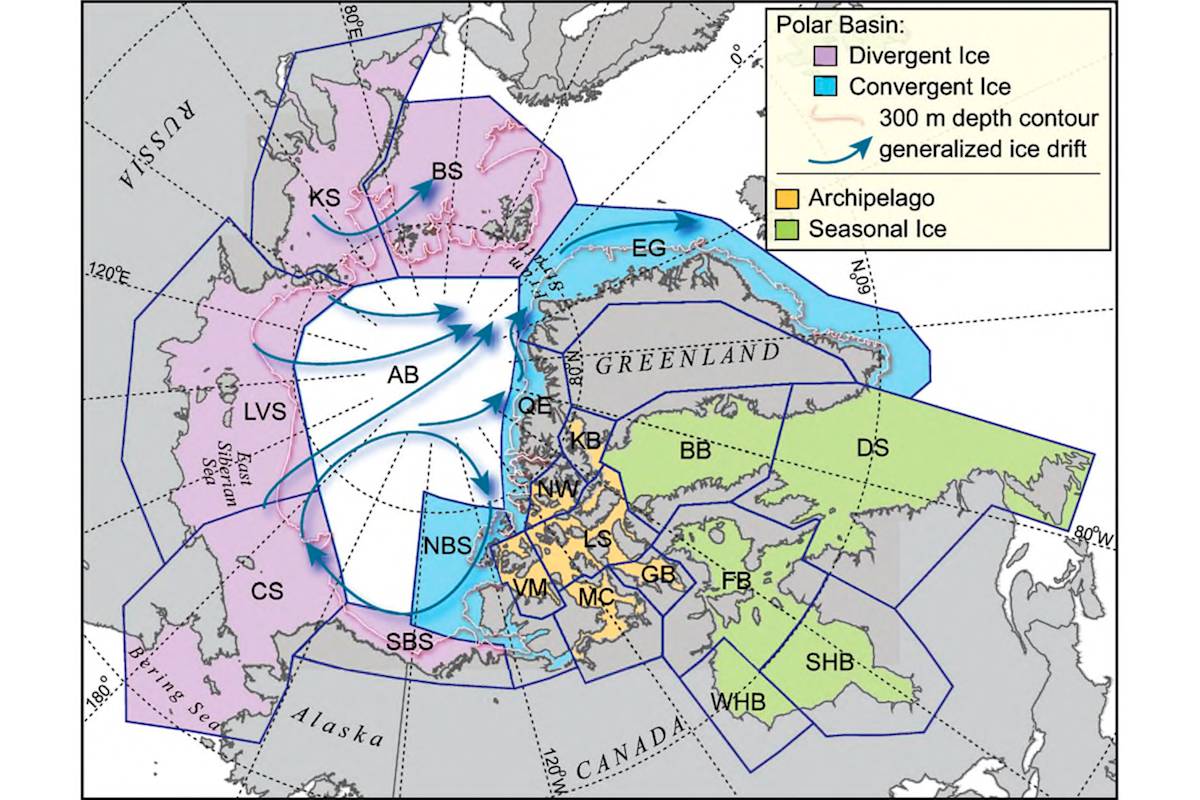
Where do Polar Bears Live?
Polar Bear Population Distribution by Sea Ice Ecoregion
Polar bears live on vastly different landscapes, driven largely by the sea ice ecoregion in which they reside. Below is an overview of those ecoregions. In the coming sections, we will dive a little deeper into a couple of them and explore how climate change is impacting them differently.
Seasonal Ice Ecoregion: Baffin Bay, Davis Strait, Foxe Basin, Southern Hudson Bay, Western Hudson Bay
Polar Basin Divergent Ice Ecoregion: Barents Sea, Chukchi Sea, Kara Sea, Laptev Sea, Southern Beaufort Sea
Polar Basin Convergent Ice Ecoregion: Eastern Greenland, Northern Beaufort Sea, Queen Elizabeth Islands, South Greenland
Archipelago Ice Ecoregion: Gulf of Boothia, Kane Basin, Lancaster Sound, M'Clintock Channel, Norwegian Bay, Viscount Melville Sound

Step Two
The Polar Bear Specialist Group (PBSG) provides a status table and status assessments that are updated regularly regarding polar bear population size in each of the subpopulations. Explore the two resources found below.
Step Three
After reviewing the information from the PBSG – what new facts have you learned? Share your thoughts in the Discord community.
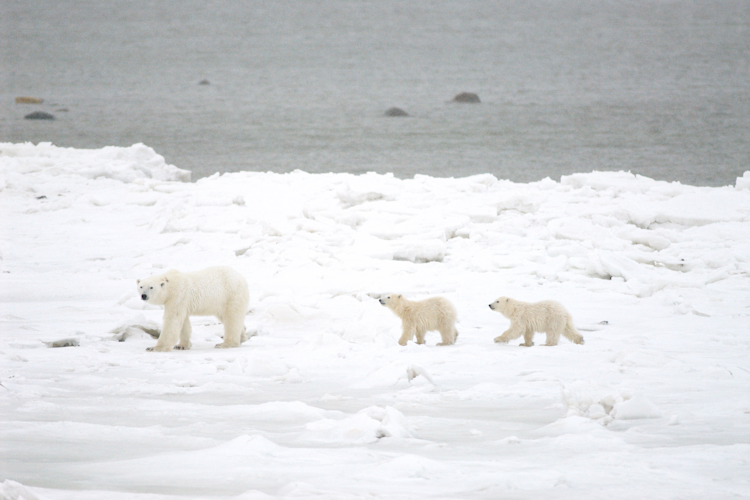
Photo: BJ Kirschhoffer / Polar Bears International
Finished?
Continue on to Module 3B – Explore.
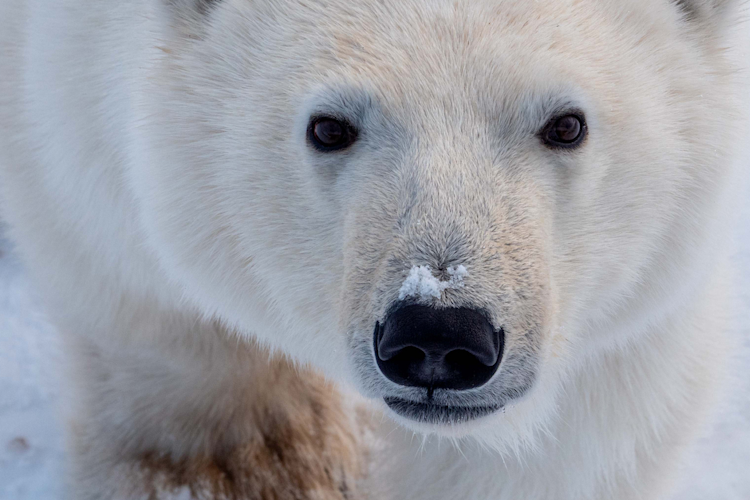
Photo: Kieran McIver / Polar Bears International
